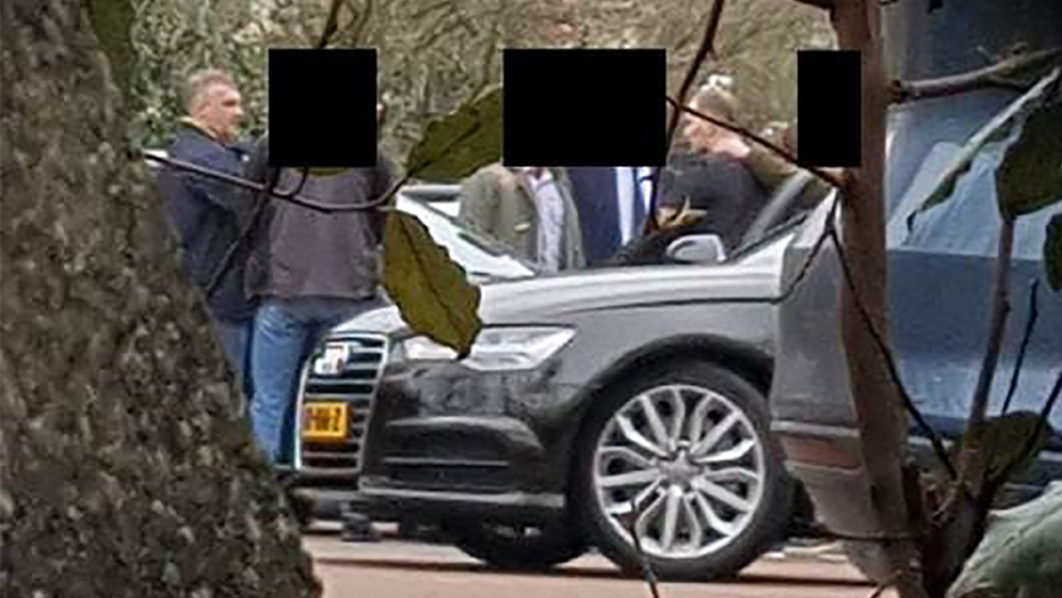
The Netherlands expelled four alleged Russian agents in April after uncovering a spy-novel-style bid by Russia’s GRU military intelligence agency to target the Organisation for Prohibition of Chemical Weapons (OPCW) in The Hague. The allegation came hours after Britain and Australia separately blamed the GRU for some major hacking plots including the US Democratic Party and world sport’s anti-Doping authority. / AFP PHOTO / DUTCH DEFENSE MINISTRY / HO /
Here are the key details about the world’s chemical weapons watchdog:
– What is the OPCW? –
Founded in 1997, the OPCW based in The Hague oversees the application of The Chemical Weapons Convention (CWC) aimed at ridding the world of toxic arms.
Chemical weapons, such as mustard gas, were first used in combat on the battlefields of World War I, and also in 1988 by Iraqi dictator Saddam Hussein against civilians in Halabja, Iraq.
After almost 20 years of negotiations, the convention took effect on April 29, 1997. The OPCW now has 193 member nations.
– What has it done? –
The OPCW says over 96 percent of all declared chemical weapon stockpiles have been destroyed under its verification programme.
It won the 2013 Nobel Peace Prize for its efforts.
Russia and the United States are on target to destroy their stockpiles within the next six years.
Only four nations have not yet signed up to the convention — Egypt, Israel, North Korea and South Sudan.
– What is its role the Skripal probe? –
Britain asked the OPCW for “technical assistance” in the investigation into the poisoning of Russian double agent Sergei Skripal and his daughter Yulia in Salisbury in March 2018.
The OPCW said it confirmed Britain’s findings — which were that they were poisoned by Novichok, a military-grade nerve agent developed by the Soviet Union during the Cold War.
The watchdog also confirmed Novichok was responsible for the poisoning of a British couple in Amesbury, near Salisbury, in July.
– What is its role in Syria? –
The Syrian regime caved to years of international pressure in September 2013 and agreed under a US-Russia deal to hand over its toxic stockpile to the OPCW for destruction, averting threatened US air strikes.
The admission came after a sarin gas attack in August 2013 on rebel-held areas near Damascus that was blamed by the West and the opposition on the regime. An estimated 1,000 people died.
The OPCW says 100 percent of Syria’s declared chemical arms — a total of 1,300 metric tonnes — was handed over and destroyed by January 2016.
However OPCW teams have also investigated reports of a series of further chemical attacks in Syria.
A so-called fact finding mission of scientists and experts was set up in 2014 to probe them and has found the Syrian military responsible for a number of attacks. It has also said the Islamic State group is behind a 2015 mustard gas attack.
– New powers –
Despite opposition from Russia and Syria, OPCW member states agreed in June to give the body the power to attribute blame for chemical weapons attacks where possible.
Until then it had solely been able to confirm whether an attack had taken place and what chemicals were involved.
[ad unit=2]



